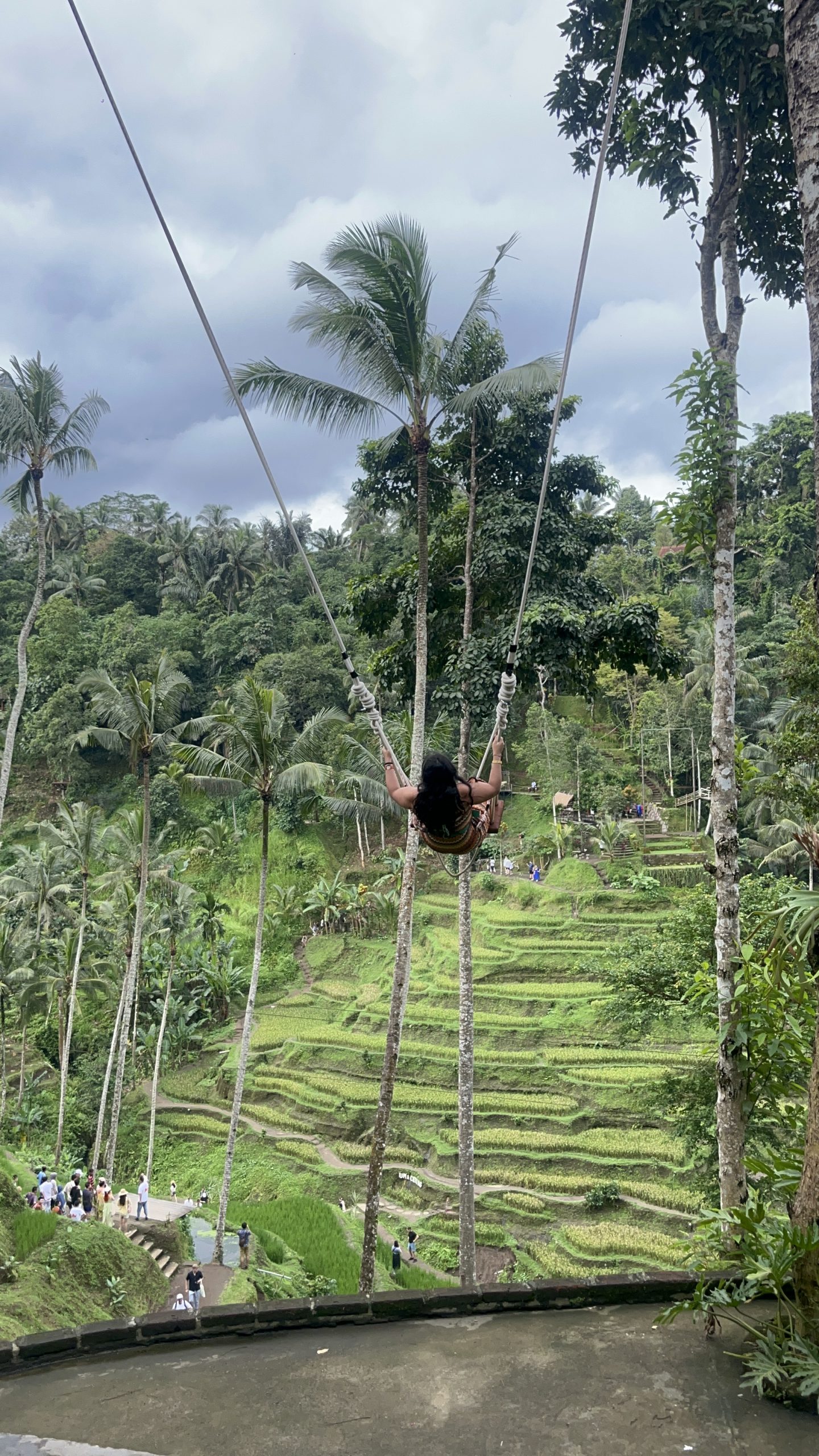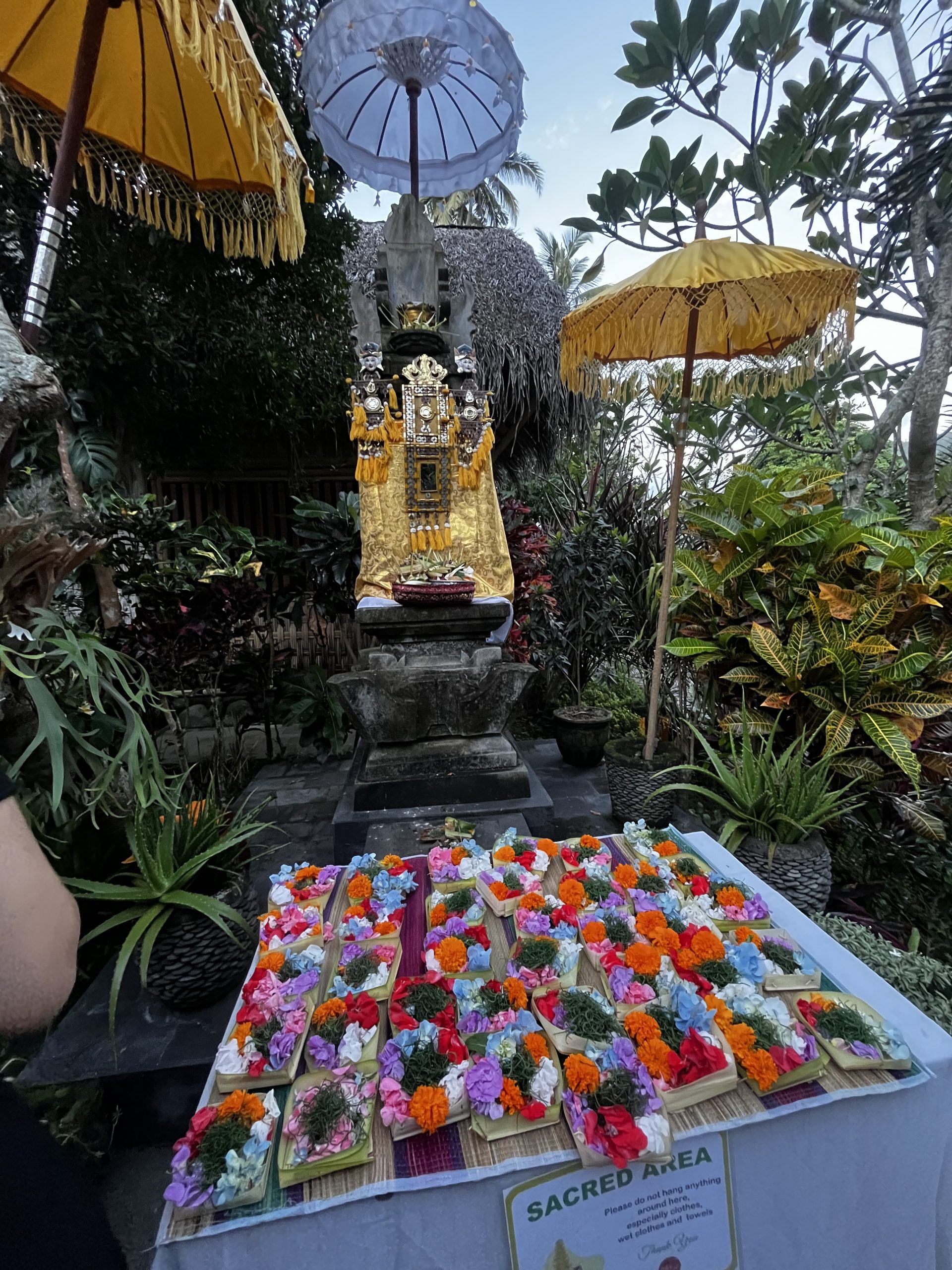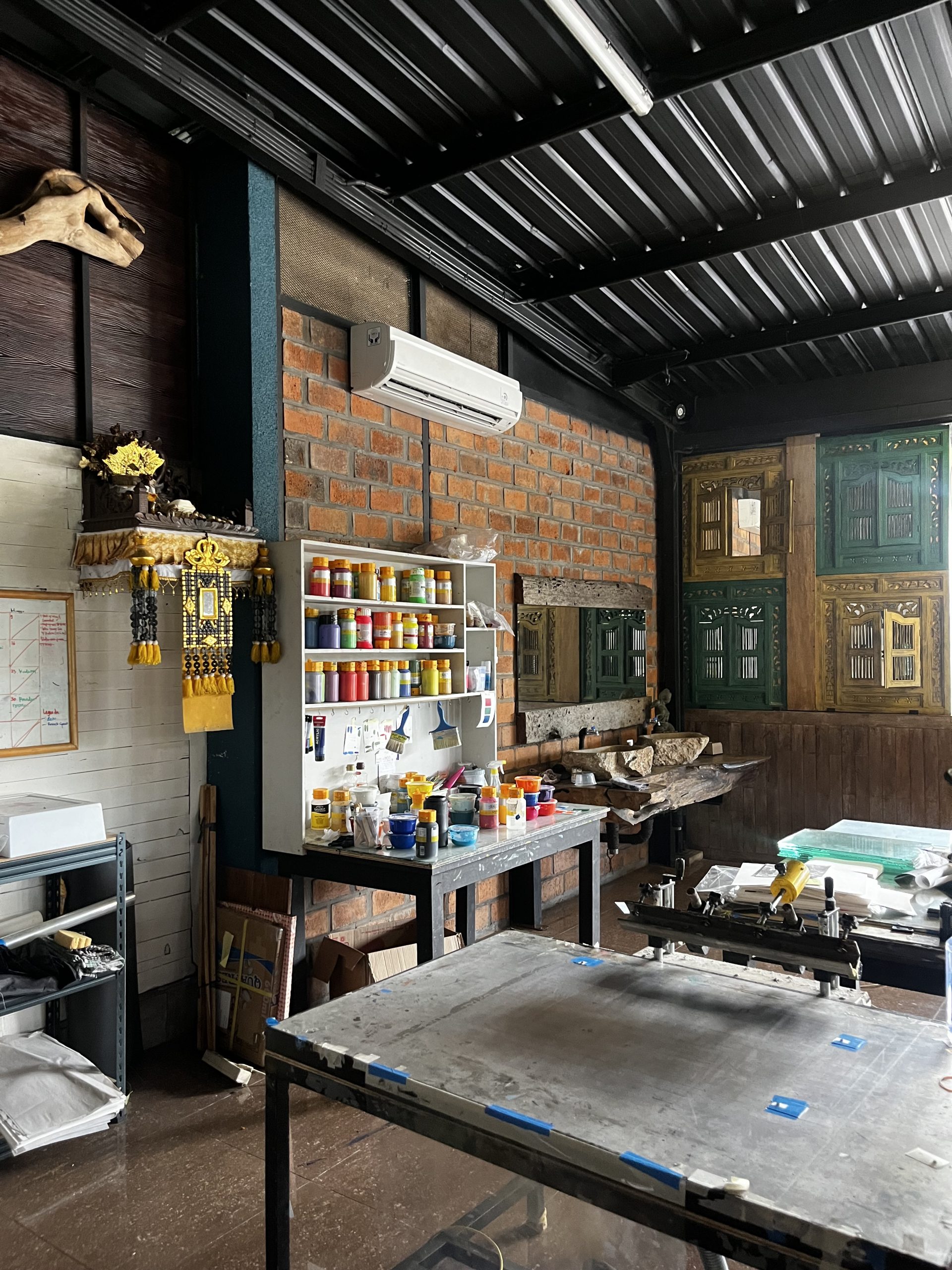
About me:
Hi there, my name is Mahsa and I am a 3rd year Politics and International Relations student at the University of Southampton.
I recently embarked on a once in a lifetime opportunity with Think Pacific via my university; completing the Global Team Internship in Bali, Indonesia.
As soon as I received the ‘congratulations’ email from the Study Abroad office, offering me a place on this internship, I was met with this rush of excitement and immediately jumped to planning for this trip.
Not only was it a culturally immersive experience, it also provided me insight into the importance of marketing and sustainability in the growth of businesses, especially local ones which we worked with.
Here in this blog post, I will discuss the places I visited in Bali, the businesses we partnered with as well as advice for future placement holders.
Bali, Indonesia:
After an epic 20 hour journey, arriving in Bali made it all worth it. Bali is truly one of the most magical places I have visited, with stunning waterfalls, temples and the most welcoming and pure people I have ever encountered.
The project was based in Mas Village just outside of Ubud, where I stayed with a lovely Homestay family and two fellow participants. Although it was hard to adjust to the new climate, environment and dealing with bouts of homesickness, I learned to embrace the experience as the village was such a contrast from my fast-paced life in London/Southampton. There was a strong sense of community in the village, and there was direct access to many services such as laundrettes, hospitals and mini-markets (Circle K being a favourite). During the project, we partnered with a different local business each week, guiding them in reaching their sustainability and market expansion goals. My favourite business which we worked with was HNS Studio, which was an art studio specialising in bright colours and anime-style art. I admired the sheer passion the founder had for his business, and his creativity in turning recycling pieces into unique package for his merchandise. Despite running on a 9-5, full-time schedule, the internship still felt slow-paced and manageable as we usually worked in quiet co-working spaces dotted around the village, and we received a lot of guidance from Think Pacific.
I also had the privilege of exploring various areas in Bali, each offering a diverse experience. The whole team set off to a serene camp in the jungle called ‘Bali Kuno’ in the welcome week, where we did team-building activities such as mud-fighting, traditional Balinese dancing and cooking classes. I must say that Bali Kuno was the highlight of this placement, as I had the opportunity to bond with my team and connect with authentic Balinese culture and nature.
Although quite trivial, one of my favourite things about Bali were the bike taxis (Grabs/Gojeks).
Despite not being allowed to use any form of transport in the village, we were still able to take advantage of them on the free weekends. Not only are they enjoyable to ride, they were also incredibly convenient for beating the heavy traffic in Bali, and costed no more than £1 per journey. My only advice would be is to always wear the helmets provided!
Advice:
Here are some tips for anyone looking into completing an internship in Bali with Think Pacific;
· There is an endless amount of admin and preparation to be completed before the trip, so create a to-do list (also found on the Think Pacific portal) and start completing the tasks one by one well in advance to make it more manageable.
· Stock up on sunscreen and strong mosquito repellent!!
· AVOID the tap water, and take probiotics so your stomach can adjust to the new bacteria in Bali. This really helped me avoid food poisoning in Bali.
· Make sure you are openly communicating and checking in with TP staff if you are struggling mentally or physically, as being so far away from home may be difficult at times.
· Get stuck in with the culture! Try the local food, visit heritage sites such as temples and ask your Homestay family (appropriate) questions about Balinese culture and history. This will be much appreciated by the community and is arguably one of the most important parts of the placement.
· Respecting the locals- adhering to village dress code, not stepping on offerings on the street, etc.
· The project is very marketing-oriented, so make sure to do some research beforehand if you are not familiar
· This may seem obvious, but bring a laptop or tablet. A few people on my project didn’t as it is not technically a requirement, and they struggled with contributing to weekly presentations.
Good luck to anyone who has applied for this placement abroad, and for any enquiries feel free to contact me @mg4g21@soton.ac.uk!


